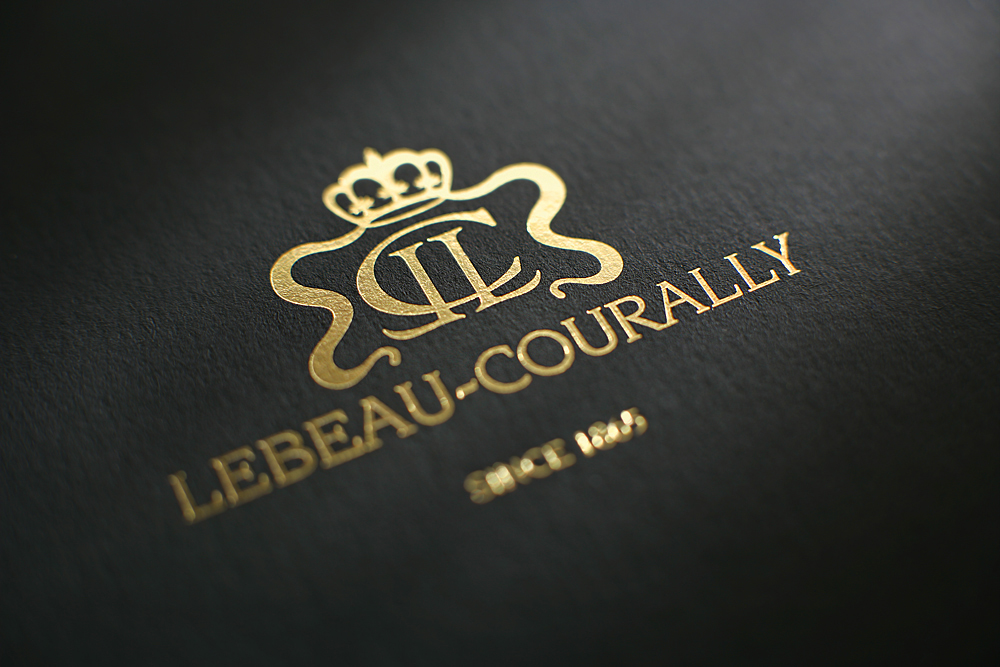Swiss researchers recently looked into the details of reported toxicity in Swiss horses, ponies and donkeys. This to see how the figures added up and what the poisons were. We know there is no equine-specific poison control center, but thanks to the research we now have a better insight. Myriam Corpataux, BSc, under the supervision of Claudia Graubner, DrVetMed, both of the Haute Ecole of Agricultural, Forest, and Food Sciences in Zollikofen presented their findings at the 2014 Swiss Equine Research Day held April 10 in Avenches. Nearly half (44%) of all equine toxicities were due to the ingestion of poisonous plants, Corpataux said. In that region of the world, the main poisonous plants were yew, black locust, and cherry laurel. (For a better idea of poisonous plants in your area, see Plants That Kill on TheHorse.com, or contact your county Extension agent.) But also gardening products can intoxicate your beloved horse. One quarter of the intoxications came these products, such as weed killers and rodent killers, according to the research. Toxicity from veterinary products can also occur, with 15% of the year’s poisonings resulting from such medications, she said. Many of these were from deworming overdoses, but some were caused by a medication’s side effects, she said. Other sources of toxicity included poisonous mushrooms (5%), animal venom (2%), and industrial products (2%), relayed Corpataux. Nearly half of the intoxications occurred in the springtime, and most happened in the animal’s own environment. And although a lack of veterinary feedback prevented the researchers from knowing the outcome of these cases, they determined that about 10% were considered life-threatening. Treatment generally involves administering the horse prescribed carbon, which absorbs the toxin, thereby preventing it from being absorbed by the body, she said. In extreme cases the veterinarian must pump the horse's stomach. “In the wild, horses are able to avoid toxic agents, but once they’re domesticated, it’s a different story,” said Corpataux. “Often, their paddocks or grazing areas are small. To follow their instincts, the equid can end up ingesting plants that he would otherwise have refused, if provided with enough healthy grass. Furthermore, stored forage (hay) can contain toxic plants that the equids are no longer able to recognize. “What’s more, horses are often in close proximity to products that humans use regularly and are toxic in and of themselves; these represent a danger because the animals would never run across them in the wild," she relayed. "So man has upset the balance between nature and equids. It’s therefore a great advantage to be able to be conscious of that and to know how to recognize the possible sources of intoxication.”
About Equine Toxines
-
categories: Lifestyle



